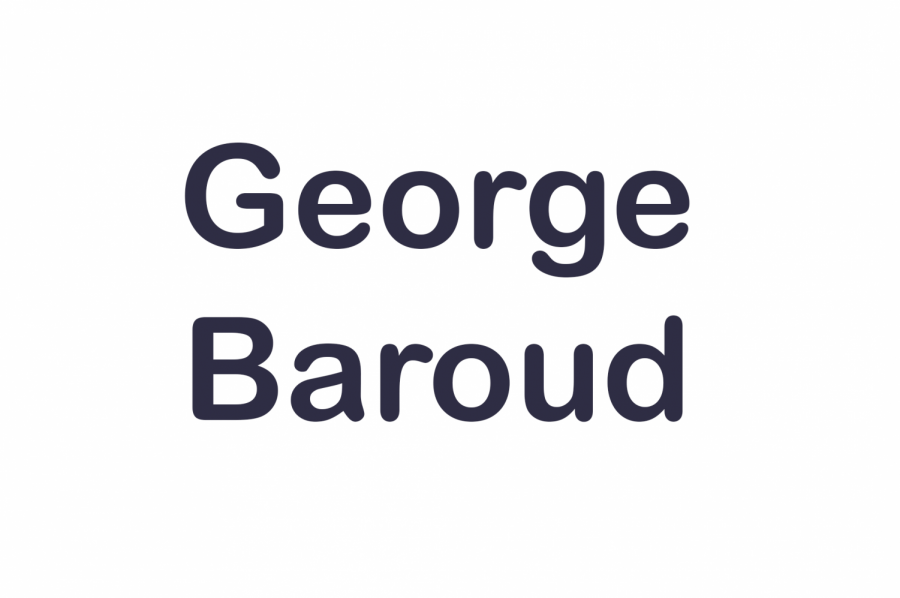George Baroud Explains History Through a Photographic Lens
George Baroud is a postdoctoral faculty fellow and classicist in the Liberal Studies Department. WSN sat down with him to discuss his photography, his research and how the two intertwine.
Washington Square News: What sparked your interest in photography? When did you start?
George Baroud: I started properly when I could afford a good camera, which was late in [graduate] school. I’d say I started five years ago. Since then, I have been honing the skill pretty seriously. But I was interested in taking pictures even when I was quite young. The household I grew up in was not friendly toward the idea of children playing with cameras.
WSN: What do you like to photograph?
GB: I like to photograph what attracts me, and what attracts me is quite broad. But generally speaking, if you wanted to categorize it, it would be something like travel photography, social documentary or street photography or landscapes. If I could just photograph all the time, I would photograph lots of things that seem quite mundane or banal.
WSN: How does your interest in photography intersect with your current research on historiography and cultural memory?
GB: I think the interactions between photography and history are mutually illuminative. I often use photography as a way to explain what the enterprise of writing history is like. It’s a bit harder to explain why history can never be scientific or actual. But if you use photography, you can show that. Historians capture things in the same way the photographers do — they capture different things, from different angles. I wouldn’t call it a real view, but I think that’s a more honest view of the past. Because then, we think about the multiple perspectives that are the basis of what the past actually is. A lot of what I do is expose historical texts to literary analysis to see the ways in which they are fictive or constructed. We have become more and more aware that history, because it’s constructed out of units of language, is inherently biased and inherently motivated because language itself is inherently biased. It is impossible to write an objective history.
WSN: What made you choose the topic of personal or cultural memory for your research? Were there any personal reasons or any particular academic reasons?
GB: It’s always attractive to come up with a neatly packaged answer for that. And I have one, but that wouldn’t be the complete story. The neatly packaged answer is that my family comes from Lebanon, and we had a very harrowing civil war. That, in many ways, has affected my life. It is why I was born in the States. My parents were displaced by civil war, and it shapes my everyday reality. Then, it became attractive to look at other civil wars in history and warfare, and study how they are represented and remembered. But I also did my Ph.D. at NYU. We have excellent scholars on the topic. Then it was overdetermined. I worked with experts, who focused on the same period. All those factors came together.
WSN: How far into your research are you? And where do you think you want to go with it?
GB: I’m working on different projects, under the unified idea of historiography and cultural memory under the Roman Empire. My bigger project is expanding my dissertation on Tacitus to a monograph. I’ve immersed myself in contemporary theory since writing my dissertation. I want to take my dissertation and enrich it with the theoretical frameworks I have been involved in, and that is going to be the basis for my first book. I’ve been going around giving different talks. In March, I’ll be going to Brazil to talk about cultural memory, specifically. More work from various conferences I’ve been attending is going to be published. I continue to be in touch with and exchange ideas with the faculty here.
Email Devanshi Khetarpal at [email protected].

